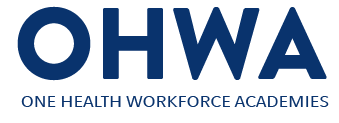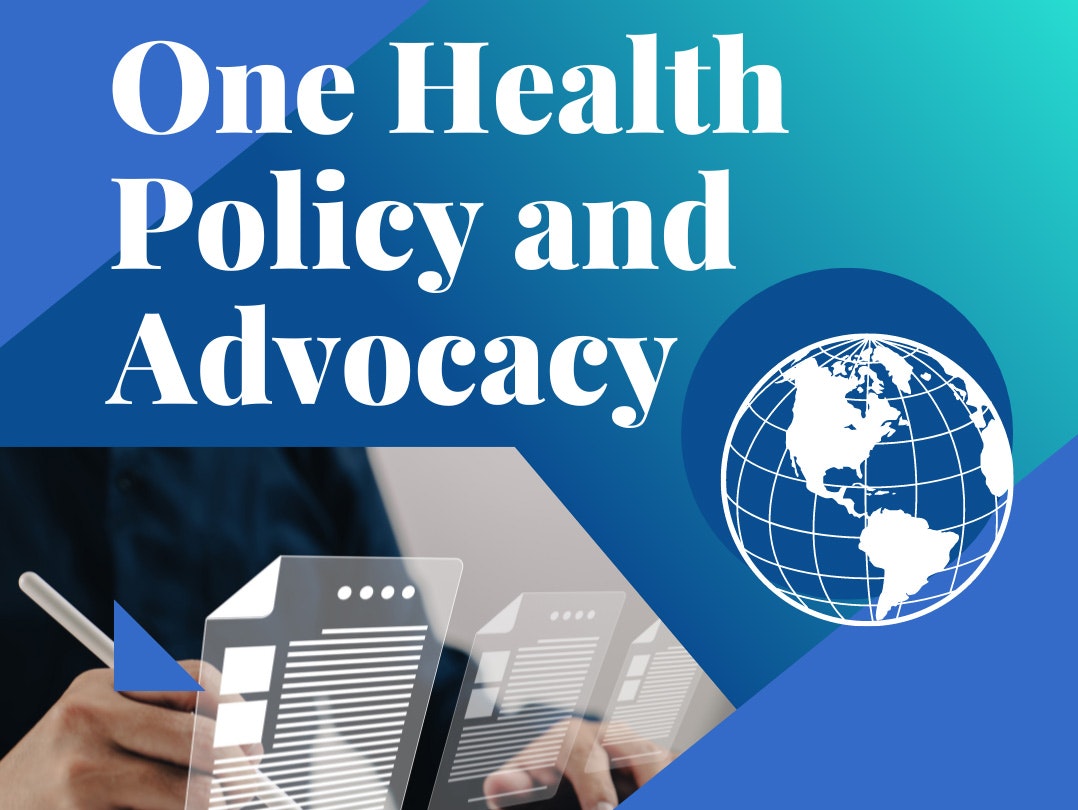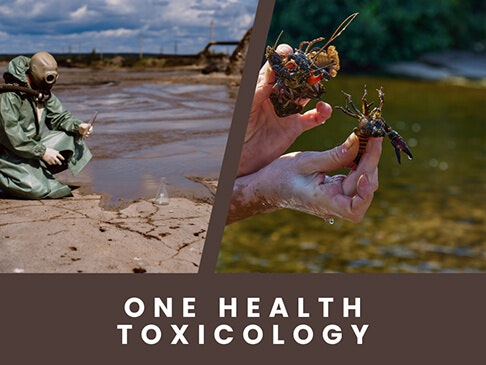News
Launch of the OHW-NG One Health Virtual Community of Practice on COVID-19 Pandemic Response Across 54 Countries

The spillover of a pathogenic coronavirus from animal sources to humans became apparent in fall 2019. The World Health Organization then declared COVID-19 as a global pandemic on March 11th, 2020. As of April 9th, COVID-19 infection had been confirmed in 184 countries, with more than 1.5 million confirmed infections, and nearly 100,000 people have died as a result of the infection. On March 23rd, 2020, the OHW-NG Consortium in collaboration with AFROHUN and SEAOHUN responded quickly to establish a One Health Virtual Community of Practice (VCoP) on COVID-19 by bringing together experts and trainees in 97 universities within the University networks, and numerous other beneficiaries across the Africa and Asia regions, using the ECHO platform for online engagement. More than 900 individuals from 54 countries participated in the initial ECHO online session on One Health COVID-19 updates that provided cutting edge information from experts at the U.S. Centers for Disease Control and Prevention, UC Davis, and the Infection Control Africa Network. This was the first of a One Health ECHO COVID-19 online series that continues through June 2020, with sessions occurring every two weeks and highlighting various topics such as community surveillance, diagnostic testing approaches, and gender and psychosocial issues.
This pandemic resides in a quintessential One Health framework, and its curtailment will require all the competencies and skills associated with One Health, including technical quantitative and qualitative approaches as well as working collaboratively across sectors. The pandemic has exhibited strong dimensions of gender disparities, cultural challenges, and ethical controversies linked to pandemic preparedness in diverse clinical and community settings. The causative agent of the COVID-19 pandemic, SARS-2-CoV coronavirus, is thought to have spilled over from wildlife to humans from either a bat reservoir or another as yet unidentified intermediate host such as civets or pangolins which are all traded for human consumption and medicinal purposes. The One Health ECHO series on COVID-19 has been exploring these issues and how a One Health approach to addressing and preventing such outbreaks can utilize surveillance of animal and human interactions, understanding the environments and behaviors that facilitated the spillover, and monitoring the subsequent global spread of the infection from a small local outbreak to a catastrophic global pandemic.




